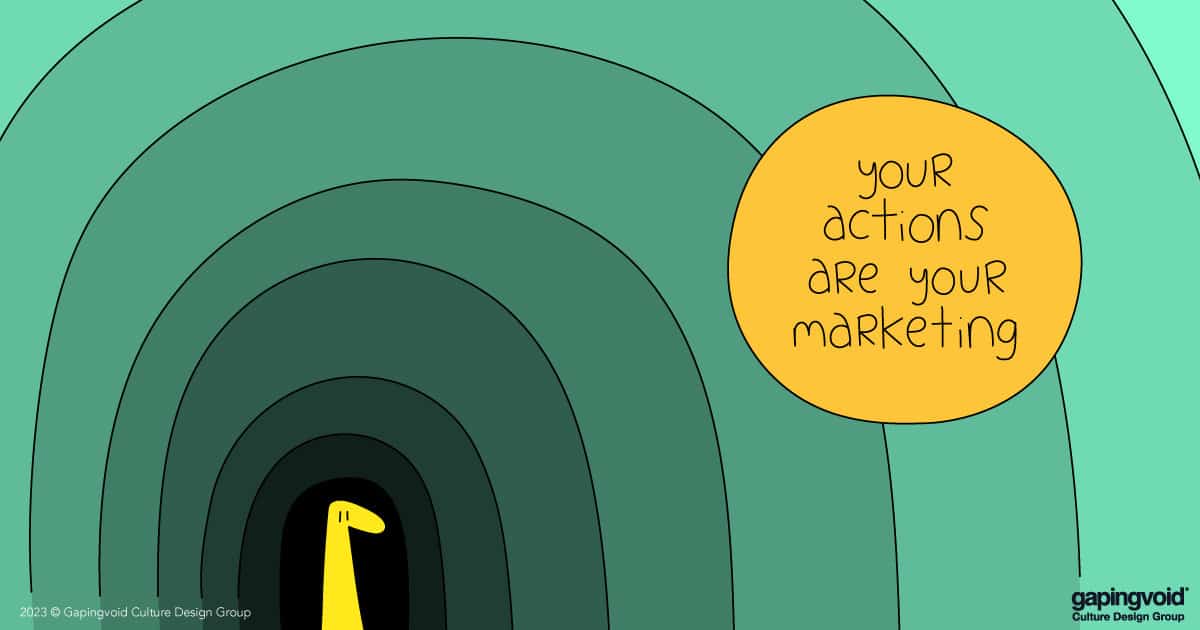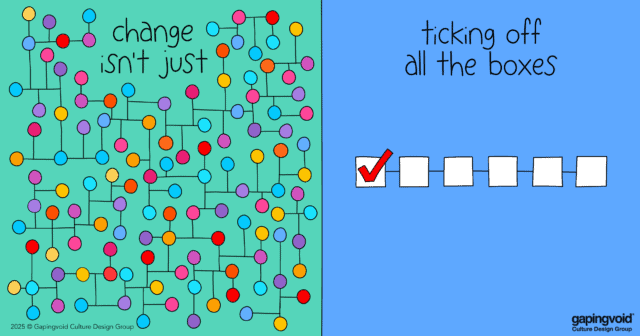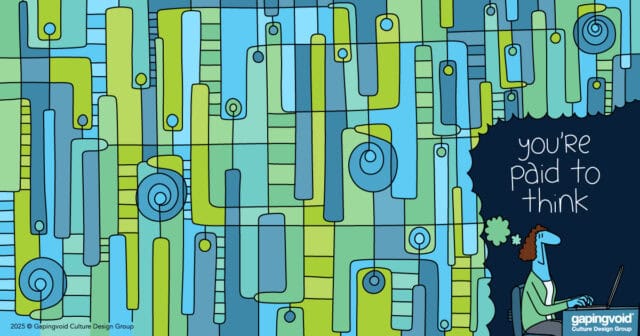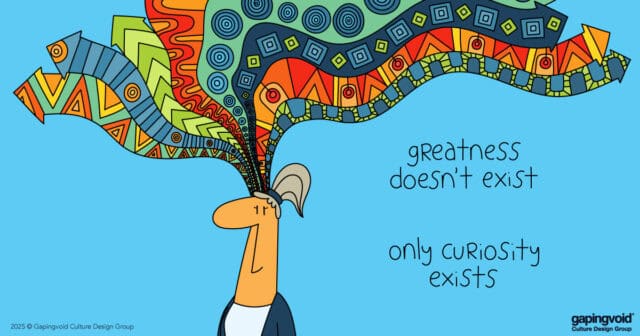
There’s an old saying on how “Advertising is the tax you pay for being unremarkable.” The idea being, if you make a product good enough, you won’t need to spend money on advertising because everybody who matters will already be sold on it and telling their friends.
Seems logical but it’s not true. People respond to products for all sorts of reasons, not just because they’re necessarily the “best” from an engineering perspective. Engine Part A might be, say, 35% better than Engine Part B, but a $20,000 Hermes bag isn’t 10,000% “better” than a good, solid $200 model. Life is a rich tapestry, not just a list of specs.
Think about it. Apple, probably the best consumer product maker on the planet spends $100 million every year on advertising in the US. And Nike, another world class product machine, spent $4 billion globally on advertising and promotions in 2023. Are they paying the “Inferior Product Tax” as well?
This bias does explain, however, Elon Musk’s alleged reluctance to embrace advertising his Teslas, even if he has many investors giving him good reasons to do so.
So what’s the real story here? Well, the fact that Elon has failed to embrace advertising in spite of good evidence, doesn’t mean he’s stupid or incompetent.
Elon actually HAS been advertising a lot, only not through traditional paid media, but by personally tweeting on Twitter (X), which worked well for a while, until it didn’t.
We believe the issue here is, Elon, like most engineers, doesn’t place a lot of stock in advertising, because it doesn’t do what engineers are good at i.e. logic and solving engineering problems.
Advertising doesn’t work by logic, it works by emotion. It works through culture. It’s a realm where facts take a backseat to feelings. Therefore QED, it doesn’t always carry a lot of weight in the engineer’s status game.
Yes, our actions are our advertising, but then again, so is our actual advertising.



